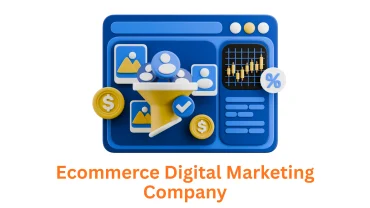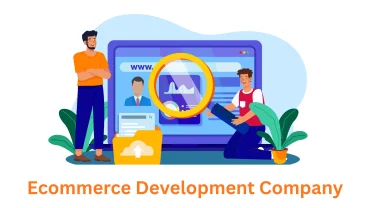The mobile app market is booming, and businesses of all sizes are recognizing the importance of having a strong mobile presence. But with so many technologies, platforms, and tools available, how do you choose the best ones for your mobile app development project?
In this guide, we’ll dive into the leading options for both Android and iOS development, exploring their pros and cons to help you make an informed decision.
Top Technologies for Android App Development
- Native Development (Java/Kotlin):
- Pros: Maximum performance, full access to device features, best user experience.
- Cons: Separate codebases for Android and iOS, potentially higher development cost.
- Cross-Platform Frameworks (Flutter/React Native):
- Pros: Single codebase for both platforms, faster development, cost-effective.
- Cons: Potential performance limitations compared to native, less access to platform-specific features.
- Hybrid Development (Ionic/Cordova):
- Pros: Leverage web development skills (HTML, CSS, JavaScript), good for simple apps.
- Cons: Slower performance than native or cross-platform, limited access to native features.
Top Technologies for iOS App Development
- Native Development (Swift/Objective-C):
- Pros: Same as Android native development, optimized for Apple ecosystem.
- Cons: Same as Android native development.
- Cross-Platform Frameworks (Flutter/React Native):
- Pros: Same as Android cross-platform development.
- Cons: Same as Android cross-platform development.
- Hybrid Development (Ionic/Cordova):
- Pros: Same as Android hybrid development.
- Cons: Same as Android hybrid development.
Choosing the Right Tools for Your App
Consider these factors when making your decision:
- App Complexity: Simple apps might be fine with hybrid development, while complex apps might require native or cross-platform.
- Budget: Native development can be more expensive, while cross-platform and hybrid are often more cost-effective.
- Time to Market: Cross-platform and hybrid development are usually faster.
- Target Audience: If your app is targeted at a specific platform, native development might be preferred.
- Developer Skills: Choose technologies that your development team is familiar with.
Key Tools & Platforms to Consider
- Android Studio: The official IDE for Android development.
- Xcode: The official IDE for iOS development.
- Visual Studio Code: A versatile code editor with excellent extensions for mobile development.
- Firebase: Google’s mobile app development platform (backend services, analytics, etc.).
- AWS Amplify: Amazon’s mobile app development platform.
Need Expert Help? Partner with Associative
If you’re looking for a reliable partner to bring your mobile app vision to life, look no further than Associative. We specialize in:
- Native Android & iOS App Development
- Cross-Platform App Development
- Web3, Blockchain, Cryptocurrency & NFT Solutions
- DeFi & Game Development
- Search Engine Optimization (SEO)
- And much more!
Let our experienced team guide you through the development process and create a high-quality, user-friendly mobile app that meets your specific needs.
Conclusion
Choosing the right technologies is crucial for the success of your mobile app. By carefully considering your app’s requirements and weighing the pros and cons of different options, you can build an app that delights your users and achieves your business goals.
To learn more, consider reading other articles, blogs, and stories in this area.
Top Android & iOS App Development Companies
How to Create Android and iOS Mobile Apps: Your Comprehensive Guide
Your Guide to Creating Successful Android and iOS Mobile Apps
The Best & Top Technologies for Building Amazing Android and iOS Mobile Apps
Your Guide to Building Successful Android and iOS Mobile Apps
The Top iOS and Android App Development Company for Innovative Solutions
Learn the essential steps to create successful Android and iOS mobile apps



Comment (0)